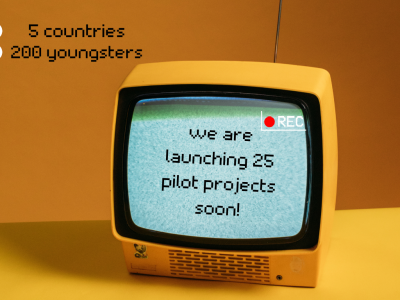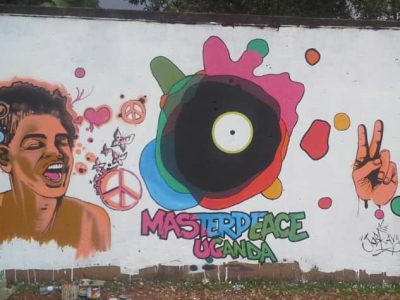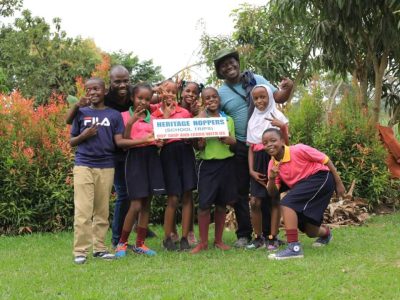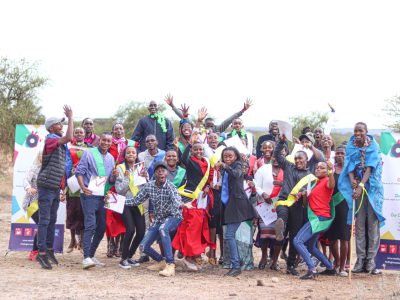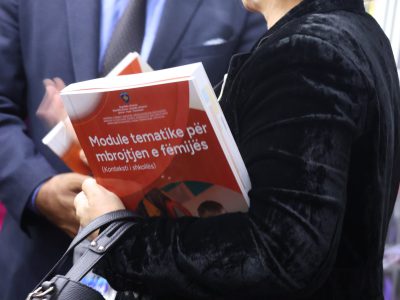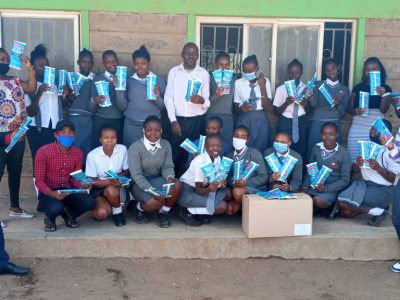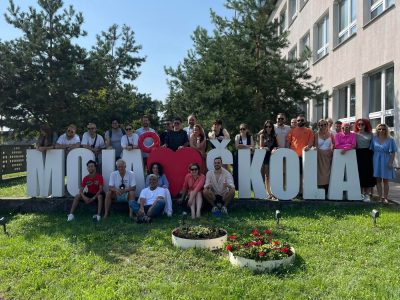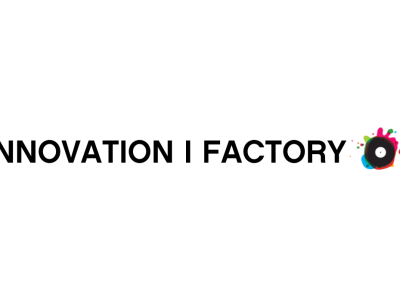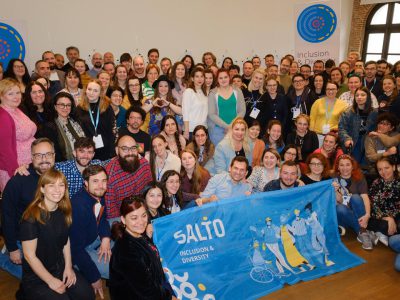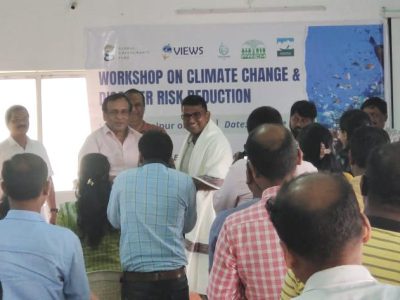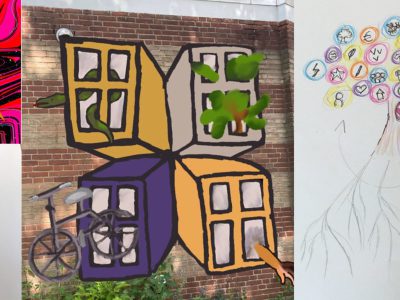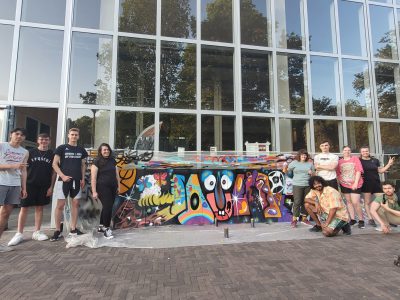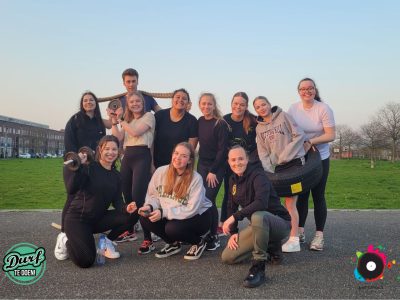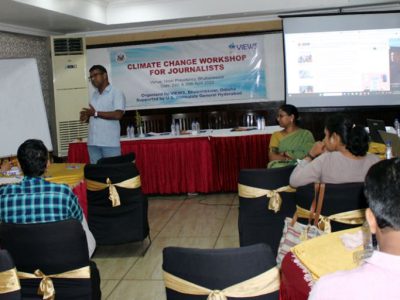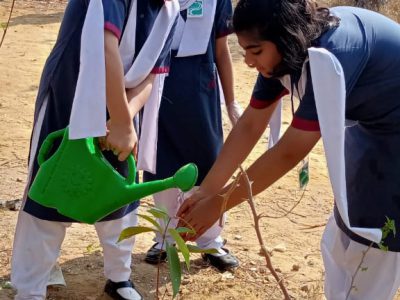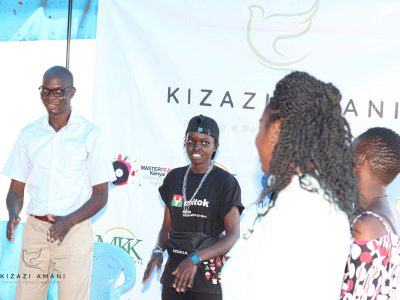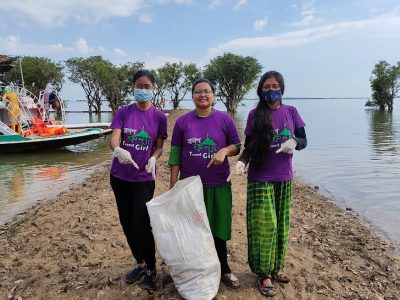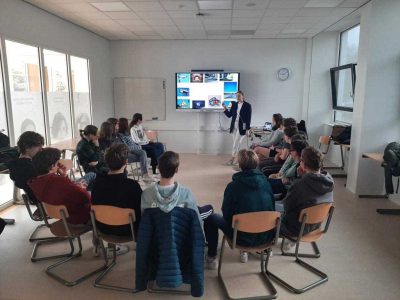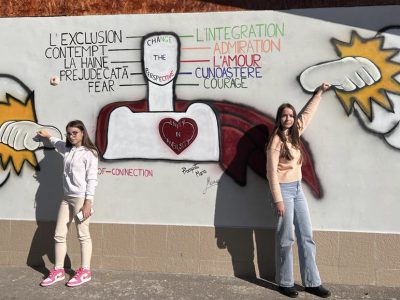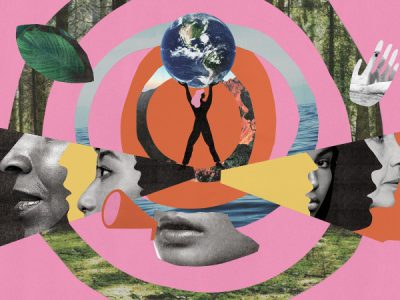Stories
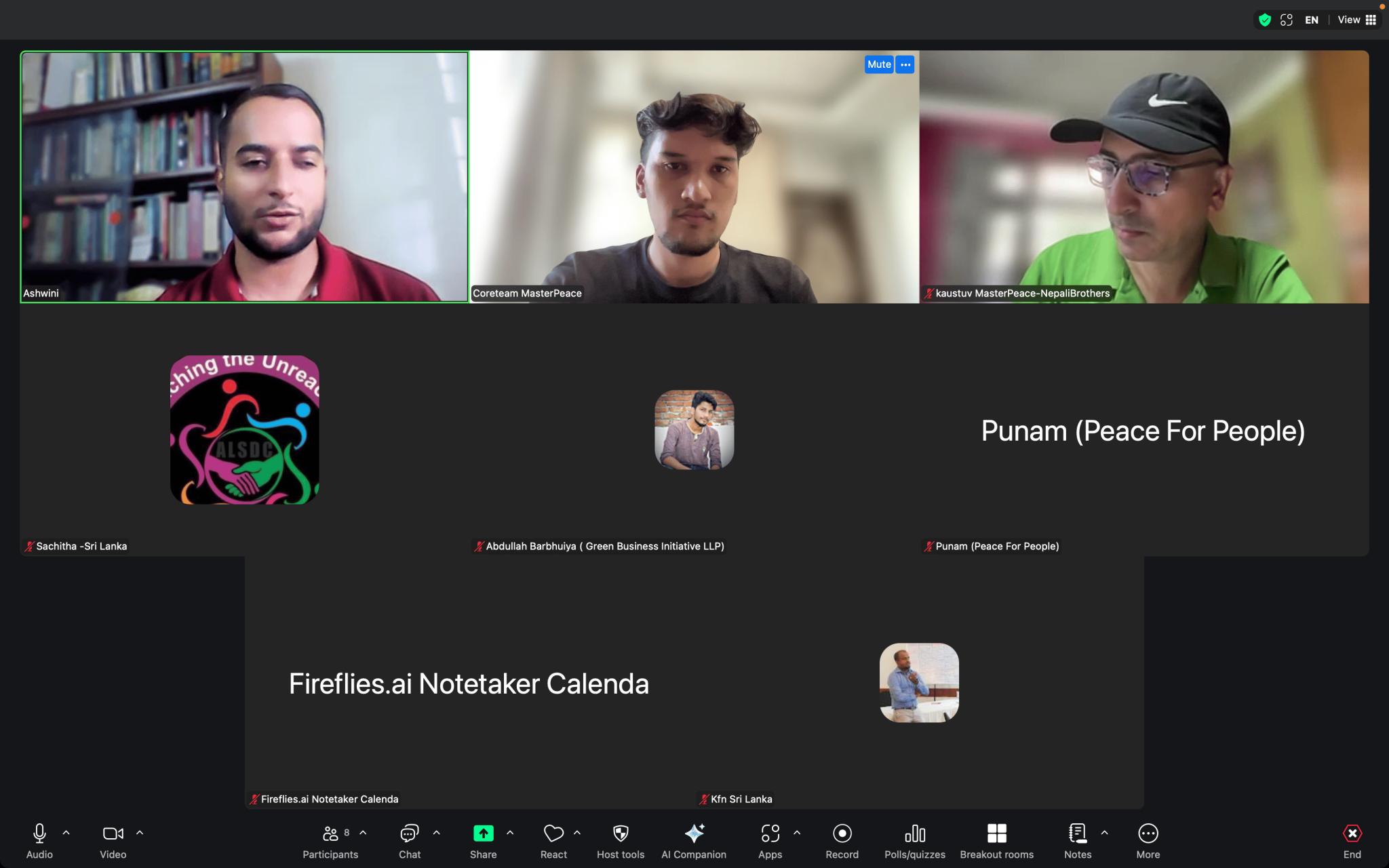
MasterPeace Clubs from across Asia united to discuss the rising wave of Gen Z activism and its impact on South Asia’s political landscape.
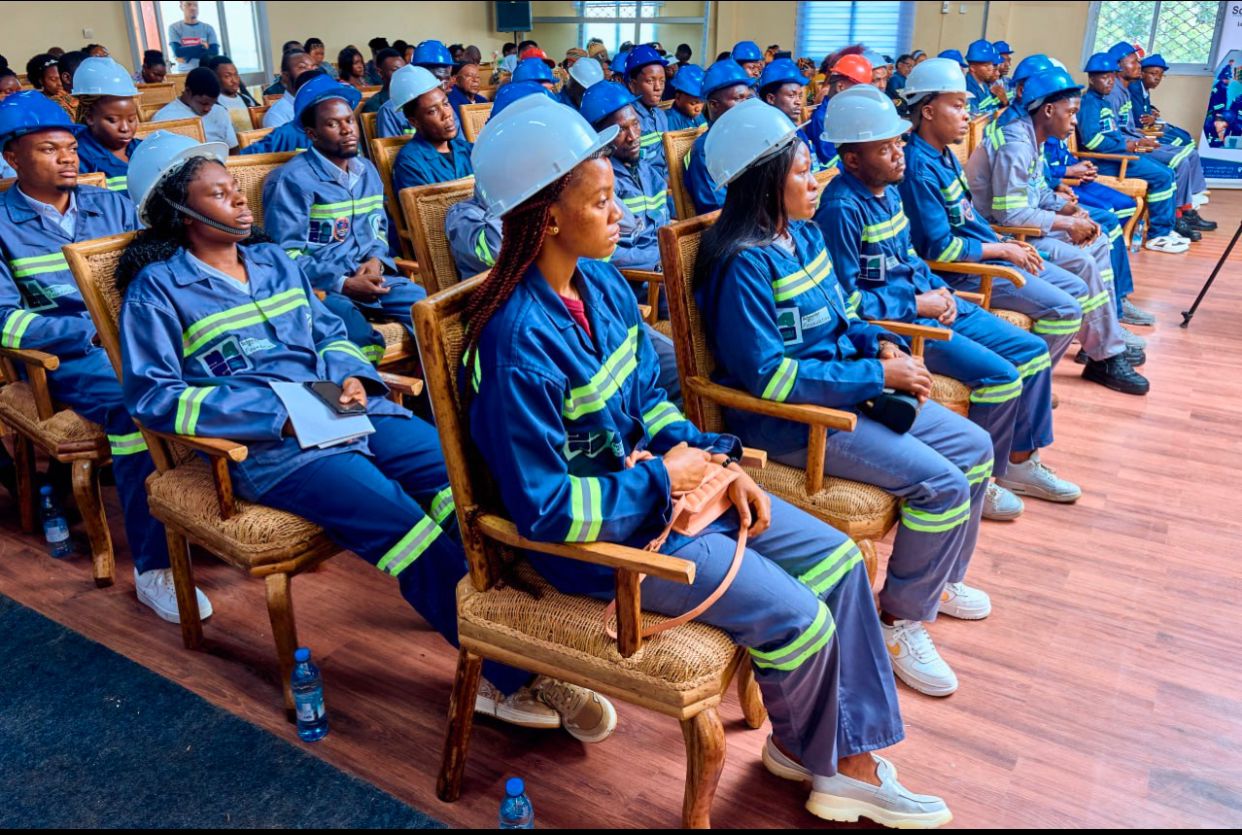
Yesterday marked an inspiring milestone in Cameroon’s journey towards renewable energy and sustainable development. Through the Solar Bright Future – Youth Green Skills Program, 38 young men and women proudly graduated as certified solar technicians, joining the growing community of youth committed to addressing both energy poverty and climate change. This achievement represents the successful completion of the program’s second training cohort, underscoring its impact and sustainability as a model for youth empowerment.
The newly graduated solar technicians underwent an intensive three-month hands-on training focused on solar system design, installation, and maintenance. More than just classroom theory, the program emphasized real-world application, equipping participants with the technical skills needed to work on projects ranging from household solar installations to larger community-based systems. The training also integrated soft skills such as teamwork, problem-solving, and entrepreneurship, ensuring that graduates are not only skilled workers but also potential business leaders and innovators in the renewable energy sector.
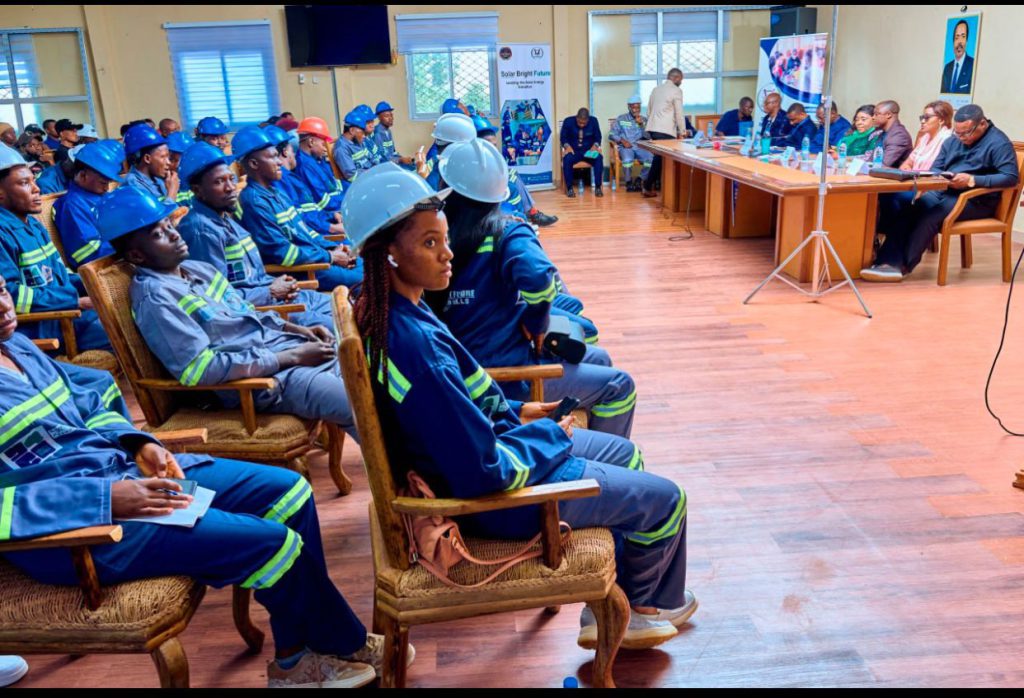
Bridging the Gap Between Energy Access and Employment
Cameroon, like many African countries, faces significant challenges related to energy access. According to the World Bank, a considerable portion of the population, particularly in rural areas, remains without reliable electricity. This limits opportunities for education, healthcare, business growth, and overall economic development. At the same time, youth unemployment continues to rise, leaving many young people without sustainable livelihoods.
The Solar Bright Future – Youth Green Skills Program was designed precisely to address these twin challenges: energy poverty and youth unemployment. By equipping young people with green skills that are directly linked to solving pressing societal problems, the initiative creates a win-win solution. Graduates emerge as employable professionals ready to join or create businesses in the renewable energy industry, while also becoming agents of change working to bring clean, affordable energy to underserved communities.
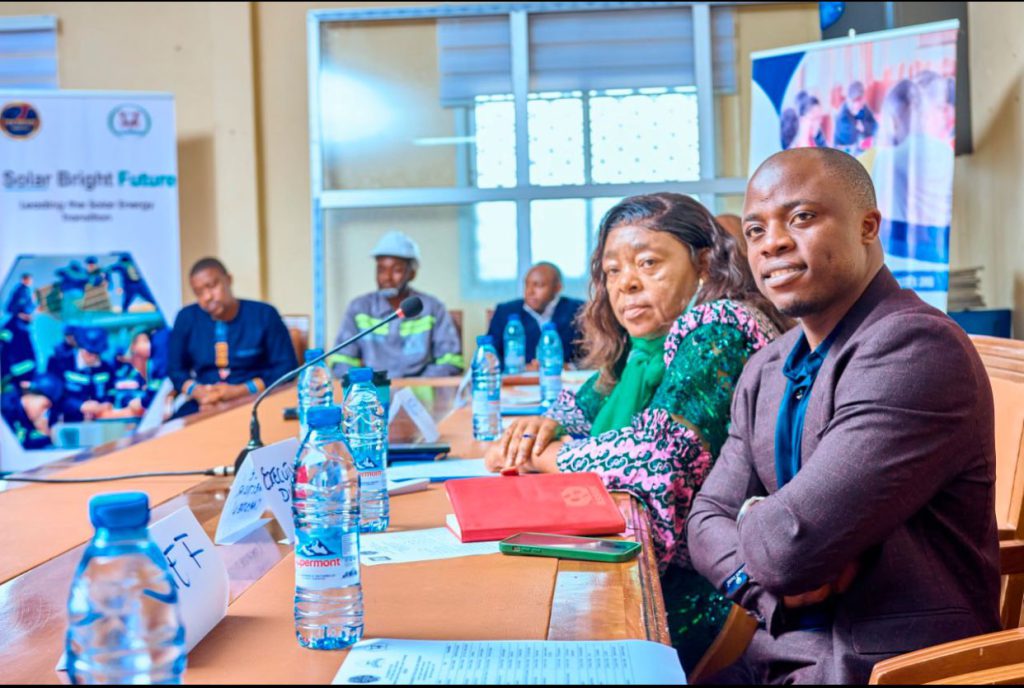
Graduates as Innovators and Champions
What makes this program unique is not only the technical training but also the values it instills in participants. Graduates are encouraged to see themselves as champions of climate action and social impact. In a country where reliance on non-renewable energy sources contributes to both environmental degradation and public health concerns, these young technicians embody a shift towards sustainability.
Armed with knowledge and passion, they are prepared to design innovative solar solutions that meet the diverse energy needs of households, schools, health centers, and businesses. Some graduates have already expressed interest in launching their own enterprises, offering solar-powered irrigation for farmers, lighting for off-grid villages, and energy solutions for small businesses. Others are eager to join established solar companies where they can immediately put their skills into practice.
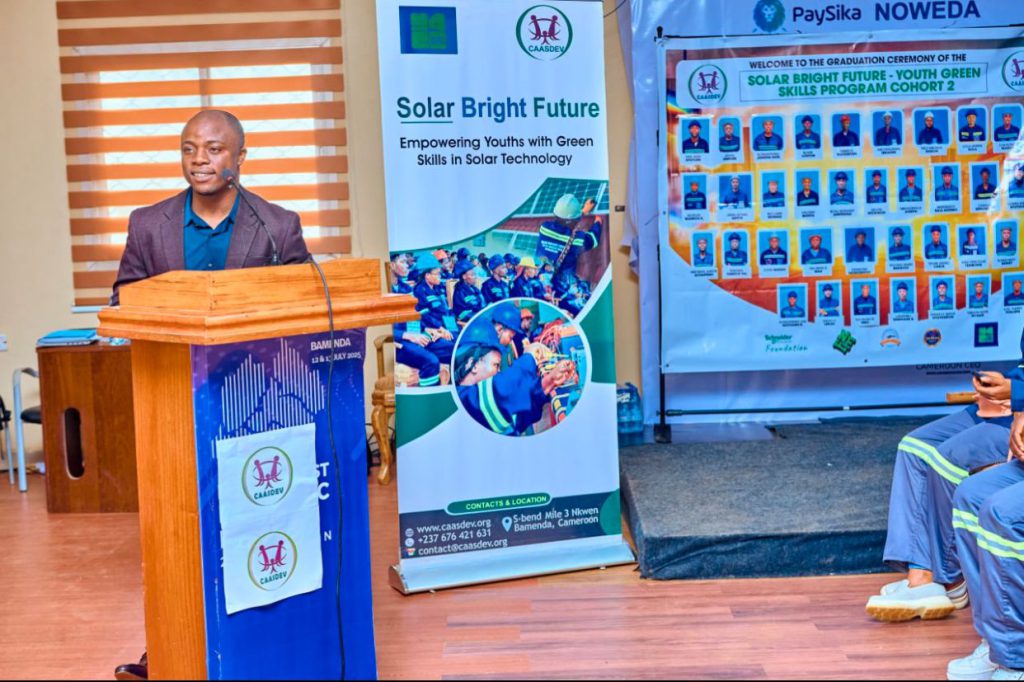
Building a Green Workforce for the Future
This second cohort builds upon the success of the first, reflecting the program’s growing reputation as a transformational pathway for youth empowerment. With every new graduate, Cameroon gains not just a solar technician but a climate leader who is committed to driving forward the nation’s renewable energy transition.
The initiative also aligns closely with global calls for a just energy transition. As the world works to meet the targets of the Paris Agreement and the Sustainable Development Goals (SDGs), green jobs are increasingly recognized as critical to ensuring both environmental sustainability and social equity. Programs like Solar Bright Future directly contribute to SDG 7 (Affordable and Clean Energy) and SDG 8 (Decent Work and Economic Growth), while indirectly supporting goals related to education, climate action, and poverty reduction.
A Call for Partnerships and Scale
While the graduation of 38 youth is a cause for celebration, the need for skilled solar technicians in Cameroon and across Africa is vast. To scale the impact, stronger partnerships between governments, civil society, private sector, and international organizations are essential. With more investment, the program can train hundreds, even thousands, of young people every year, building a workforce capable of powering communities sustainably while reducing unemployment.
As this cohort steps into the next phase of their journeys, they carry not only certificates but also a mission: to bring light where there is darkness, to power hope where opportunities are scarce, and to prove that youth are central to solving the greatest challenges of our time.
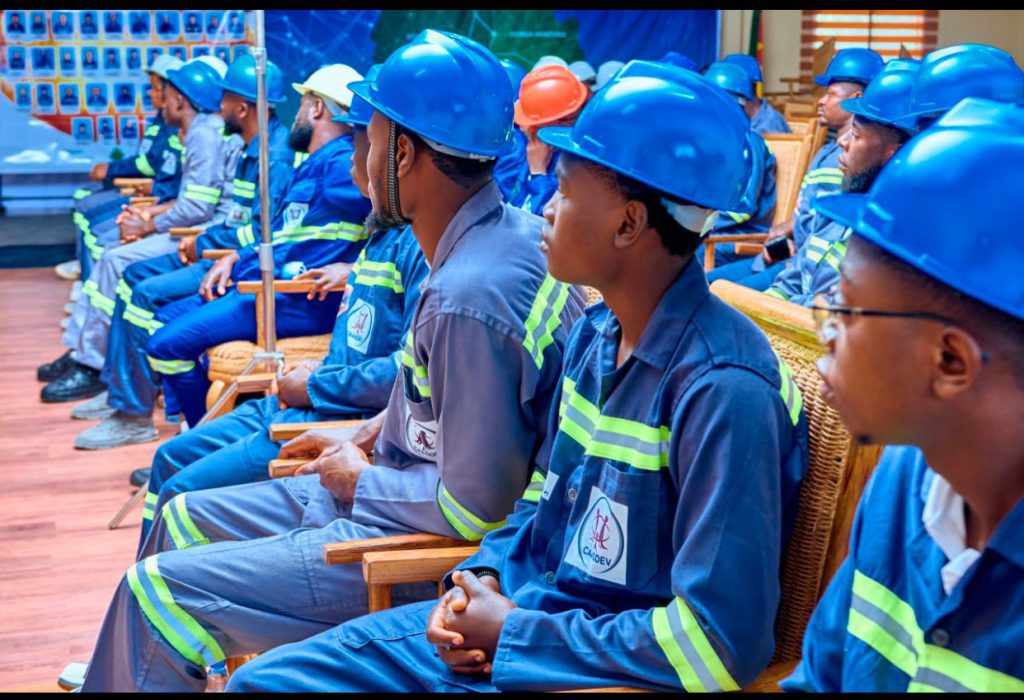
Conclusion
The graduation of these 38 young solar technicians is far more than a ceremonial milestone; it is a powerful statement about the future Cameroon envisions—a future where young people lead the way in building sustainable, resilient, and inclusive communities. With determination, innovation, and the skills they now possess, these graduates are not just job seekers; they are changemakers, shaping a solar bright future for themselves, their communities, and the planet.
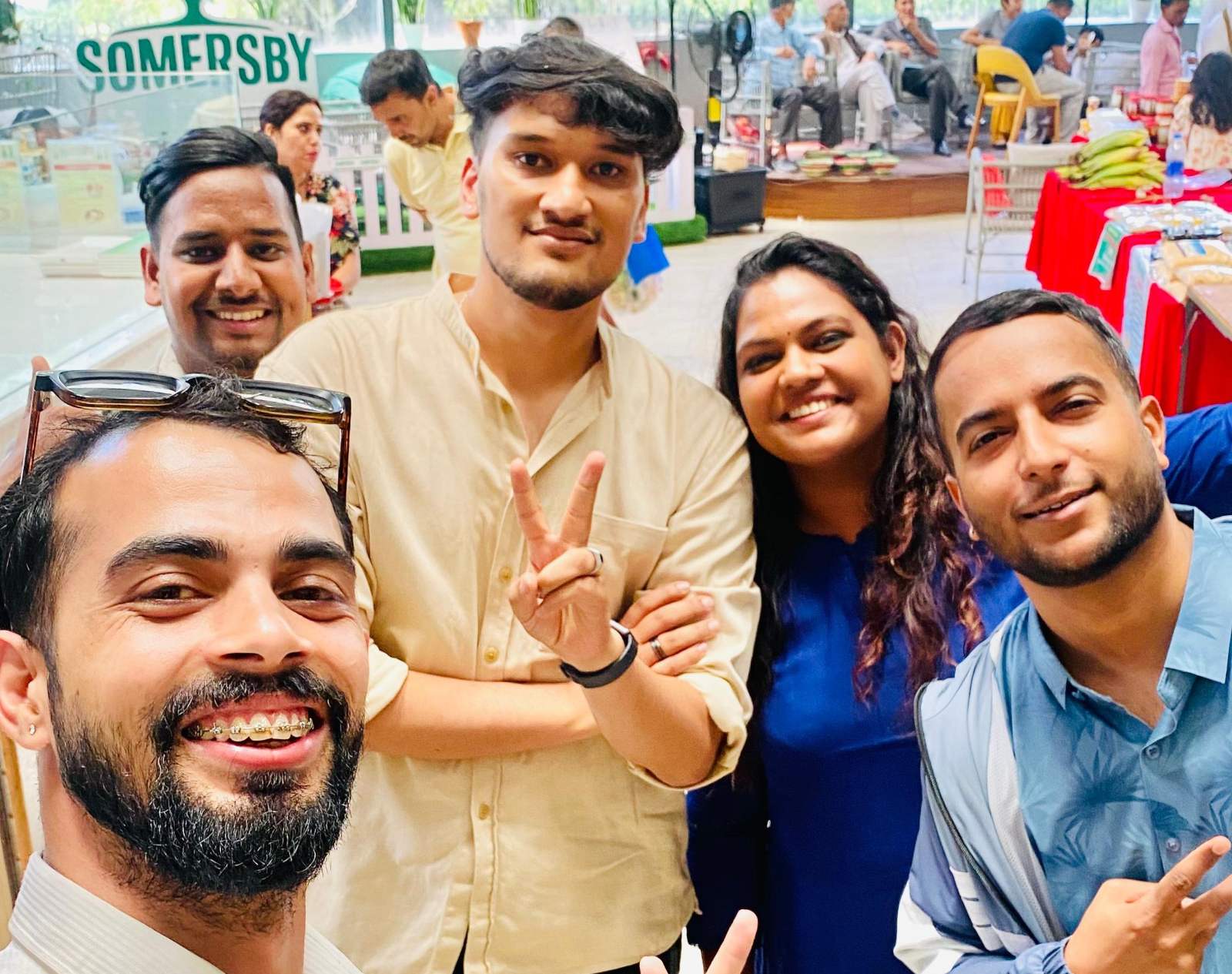
Asia in Conversation: A MasterPeace Meetup
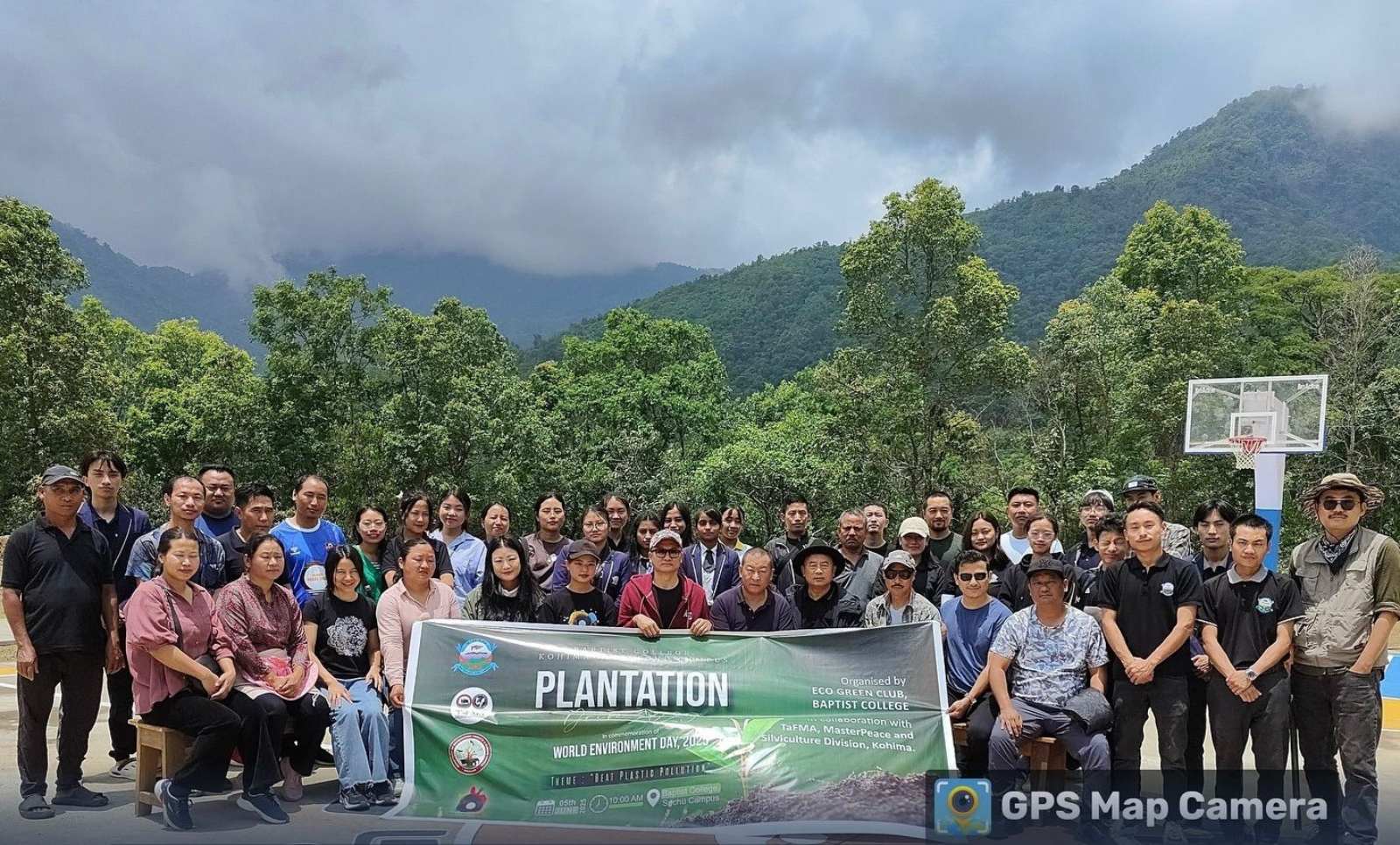
On June 5th, 2025 i.e. on the World Environment Day, MasterPeace Nagaland joined hands with Baptist College, Task Force for Music and Arts (TaFMA), and the Silviculture Division, Government of Nagaland, for a meaningful tree plantation drive at Sechu Zubza in Kohima district of Nagaland. This joint initiative brought together community members, students, member of CSO’s and other officials to plant over 100 trees and reaffirming the shared commitment of everyone to environmental conservation and sustainable living.
The event was also attended by Theja Meru, Chairman of TaFMA and Club Leader for MasterPeace Nagaland, who actively participated in the plantation activities. The initiative was further amplified through a special message and video presentation by MasterPeace Global Ambassador, Imnainla Jamir. Speaking on behalf of MasterPeace, she urged everyone to take small but impactful actions and engage in small efforts suchas conserving water, fuel, and electricity in order to protect the environment.
Imnainla also highlighted the deep connection between culture, heritage, and environmental protection, reminding us that traditional customs do carry a valuable wisdom for sustainable living. She shared this message widely through her social media such as Instagram and twitter, encouraging young people and communities around the world to take action for our planet.
This event reflects MasterPeace Nagaland’s ongoing efforts to foster awareness, community action, and collaboration for a greener, more resilient future.

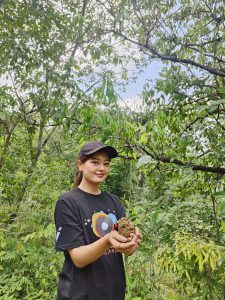
- All
- Africa
- Americas
- Asia
- Europe
- Global
- Highlights
- MasterPeace Impact Series
- My Music Competition
- Podcast
- Uncategorized

